- IDP China>
- 课程库>
- 工程与技术>
- 工程学及其相关技术>
- 航空航天工程与技术>
- BEng (Hons) Aeronautical Engineering - Glasgow International College (GIC)
航空工程学(荣誉)学士学位-格拉斯哥国际学院(GIC)
BEng (Hons) Aeronautical Engineering - Glasgow International College (GIC)

学历文凭
Bachelor Degree with Honours

专业院系

开学时间

课程时长

课程学费

国际学生入学条件
Standard academic entry requirements: 36 points including three HL subjects at 6,6,5 guaranteed offer if additional requirements met.
Minimum academic entry requirements: 32 points including three HL subjects at 6,5,5 considered for offer if additional requirements met.
Additional requirements: HL subjects should include Physics and Mathematics. SL6 will be accepted for one of Physics or Mathematics (or Mathematic Studies).
International English Language Testing System (IELTS) Academic module (not General Training): overall score 6.5 no sub-test less than 6.0. ibTOEFL*: 90, no sub-test less than: Reading: 20, Listening: 19, Speaking: 19, Writing: 23
IDP—雅思考试联合主办方

雅思考试总分
6.5
- 雅思总分:6.5
- 托福网考总分:90
- 托福笔试总分:160
- 其他语言考试:PTE Academic (Pearson Test of English, Academic test): 60, no sub-test less than 59
CRICOS代码: H415
申请截止日期: 请与IDP联系 以获取详细信息。
课程简介
You will study the same courses in the first three years whether you are on the BEng or MEng degree programme. Both embed creativity to develop world changing engineers. In your first year, you will take a wide-ranging curriculum which includes courses in aeronautical engineering, mathematics, dynamics, electronics, materials, statics, thermodynamics and engineering skills. These courses are supported by individual and group project work and laboratory work. This interdisciplinary approach, favoured by industry, also makes it possible to switch to most other engineering disciplines at the end of year 1 should you wish to do so. In year 2 you will study fluid mechanics, dynamics, aeronautical engineering, thermodynamics and mathematics. In year 3 you will learn about the design of aircraft. You will begin to analyse and understand aircraft behaviour, aircraft performance and propulsion systems, and you will begin to perform detailed analysis of aircraft structural components. In year 4 you will begin to deal with some of the advanced concepts in aeronautics. These include the study of composite materials, aeroelasticity, propulsion, high-speed aerodynamics, fluid dynamics, flight dynamics and control theory.
相关申请
 预科
预科 奖学金
奖学金 实习机会
实习机会 在校学习
在校学习 跨境学习
跨境学习 校园授课-线上开始
校园授课-线上开始 在线/远程学习
在线/远程学习
开学时间&学费
学费信息仅供参考,请与IDP联系以获取详细信息
| 开学时间 | 时长 | 学费 | 地点 |
|---|---|---|---|
| 暂无 | 暂无 | 暂无 | 暂无 |
本校相关课程
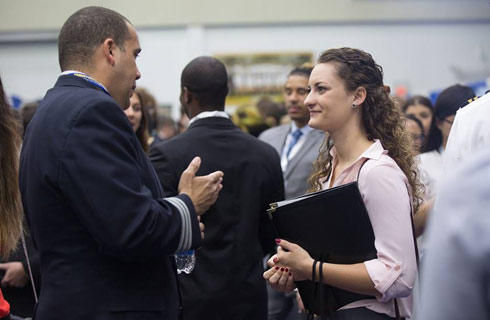
强化英语-利物浦
学历文凭
English Language
开学日期
课程费用总额


硕士预科课程-布莱顿大学国际学院
学历文凭
Foundation for Postgraduate
开学日期
课程费用总额

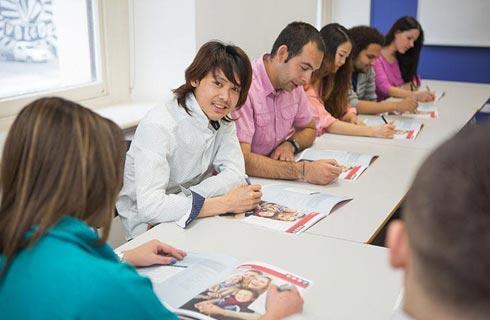
硕士预科课程
学历文凭
Foundation for Postgraduate
开学日期
课程费用总额

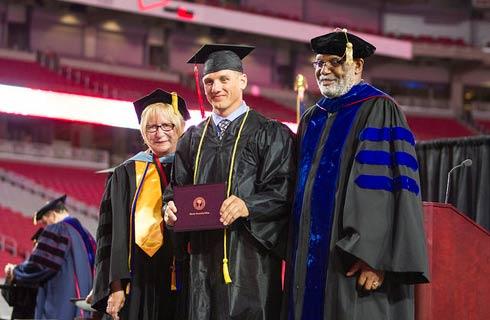
计算机基础证书-布莱顿大学国际学院
学历文凭
Foundation for Undergraduate
开学日期
课程费用总额


商业基础证书
学历文凭
Foundation for Undergraduate
开学日期
课程费用总额

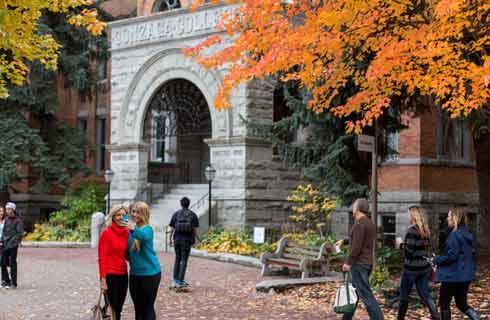
商业基础证书
学历文凭
Foundation for Undergraduate
开学日期
课程费用总额

其他相关课程

航空学学士(荣誉学位)
 斯威本科技大学
斯威本科技大学泰晤士高等教育世界大学排名:282
学历文凭
Bachelor Degree with Honours
开学日期
课程费用总额

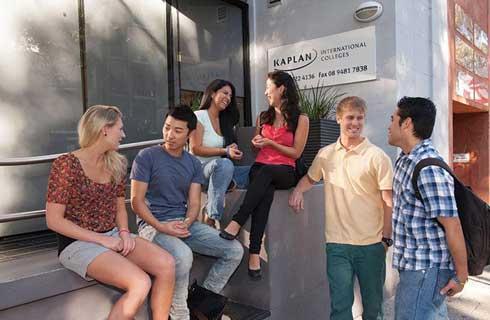
航空管理学士
 格里菲斯大学
格里菲斯大学泰晤士高等教育世界大学排名:258
学历文凭
Bachelor Degree
开学日期
02 March 2026
课程费用总额
AUD 87,000


航空文凭(仪器等级)
 澳洲展翼学院
澳洲展翼学院学历文凭
Diploma
开学日期
课程费用总额


航空管理学士/会计商业学士
 斯威本科技大学
斯威本科技大学泰晤士高等教育世界大学排名:282
学历文凭
Dual Degree
开学日期
课程费用总额


工程学硕士(航空航天)
 阿德莱德大学
阿德莱德大学学历文凭
Masters Degree (Coursework)
开学日期
课程费用总额


航空管理学士
 斯威本科技大学
斯威本科技大学泰晤士高等教育世界大学排名:282
学历文凭
Bachelor Degree
开学日期
课程费用总额









 英国
英国
